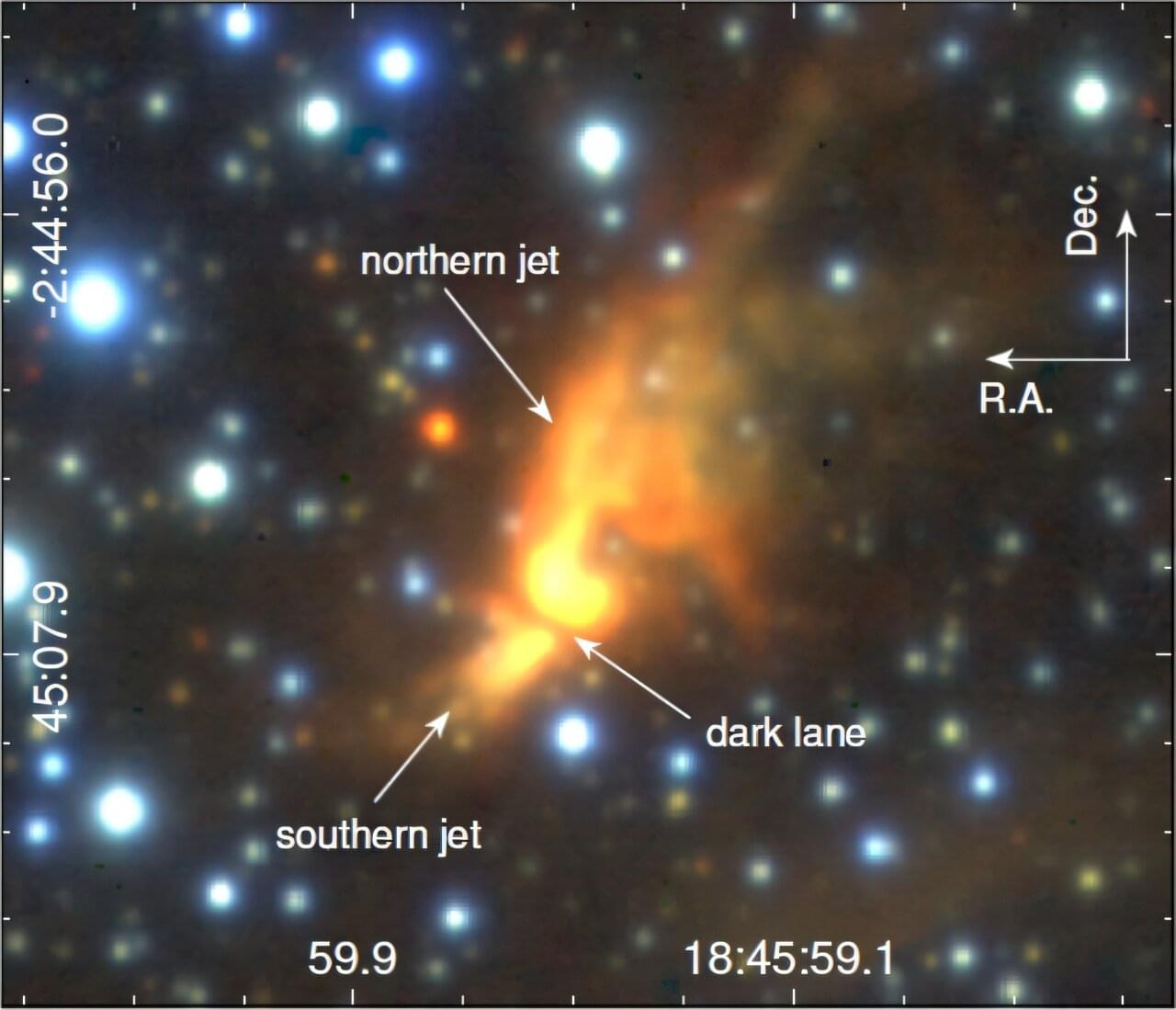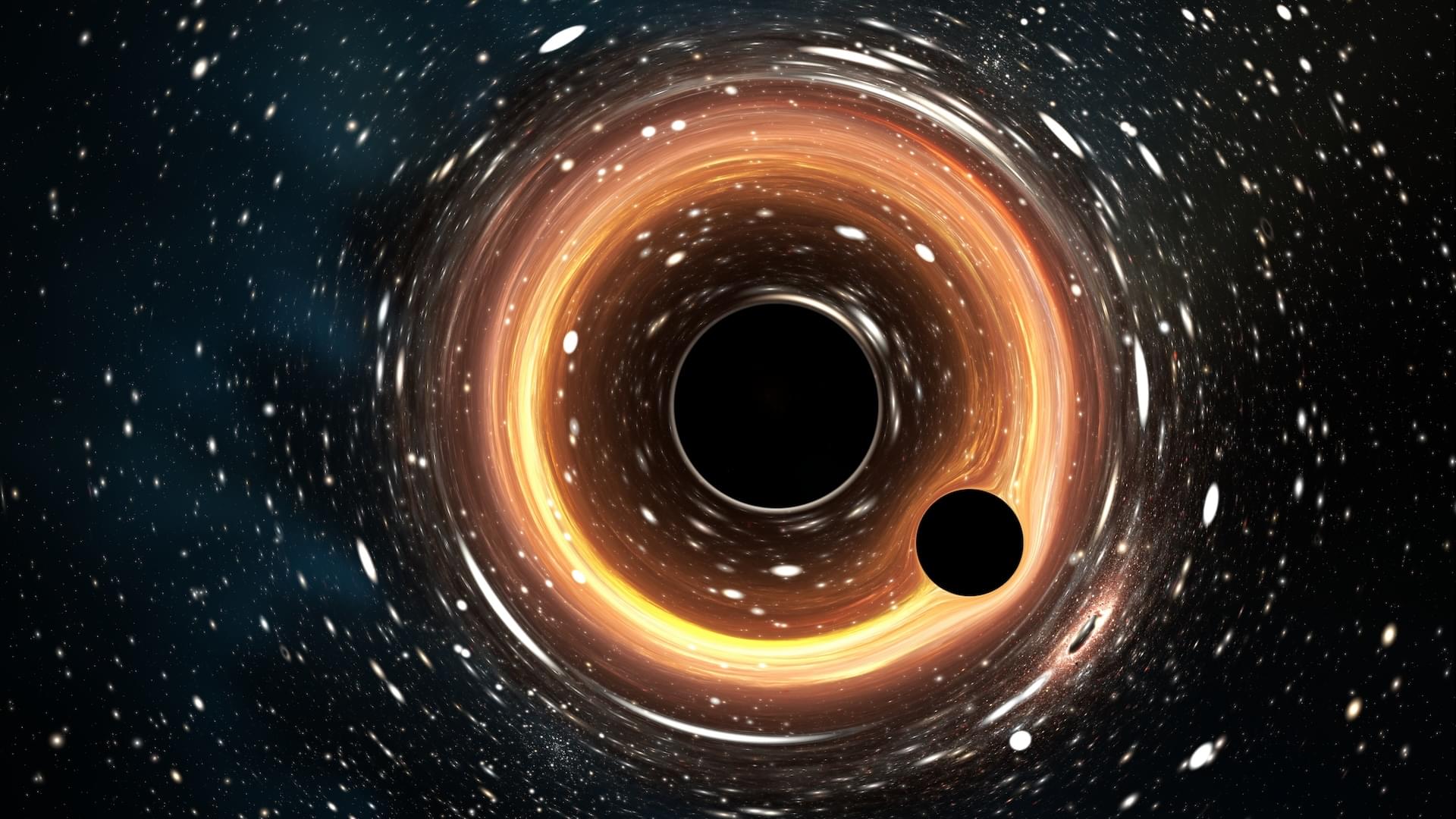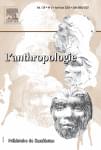Go to https://hensonshaving.com/isaacarthur and enter “Isaac Arthur ” at checkout to get 100 free blades with your purchase.
What happens after intelligence explodes beyond human comprehension? We explore a world shaped by superintelligence, where humanity may ascend, adapt — or disappear.
Visit our Website: http://www.isaacarthur.net.
Join Nebula: https://go.nebula.tv/isaacarthur.
Support us on Patreon: https://www.patreon.com/IsaacArthur.
Support us on Subscribestar: https://www.subscribestar.com/isaac-arthur.
Facebook Group: https://www.facebook.com/groups/1583992725237264/
Reddit: https://www.reddit.com/r/IsaacArthur/
Twitter: https://twitter.com/Isaac_A_Arthur on Twitter and RT our future content.
SFIA Discord Server: https://discord.gg/53GAShE
Credits:
After the Singularity — What Life Would Be Like If A Technological Singularity Happened?
Written, Produced & Narrated by: Isaac Arthur.
Editors: Lukas Konecny.
Select imagery/video supplied by Getty Images.
Music Courtesy of Epidemic Sound http://epidemicsound.com/creator.
Chapters.
0:00 Intro.
3:36 Is the Singularity Inevitable? The Case for Limits and Roadblocks.
8:42 Scenarios After the Singularity.
9:15 Scenario One: The AI Utopia.
10:31 Scenario Two: Digital Heaven.
11:57 Scenario Three: The AI Wasteland.
13:10 Scenario Four: The Hybrid Civilization.
14:48 What Does the Singularity Mean for Us?
16:31 Humanity’s Response: Resistance, Adaptation, or Surrender.
20:22 PRecision.
21:45 The Limits of Superintelligence: Why Even Godlike Minds Might Struggle.
25:48 Humanity’s Role in a Post-Singularity Future.
29:06 The Fermi Paradox and the Silent Singularity.
31:10 Reflections in Pop Culture and History.
32:27 Writing the Future.





